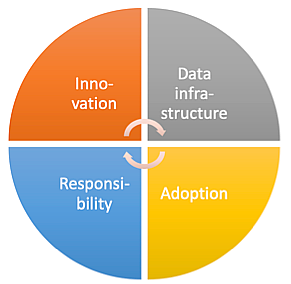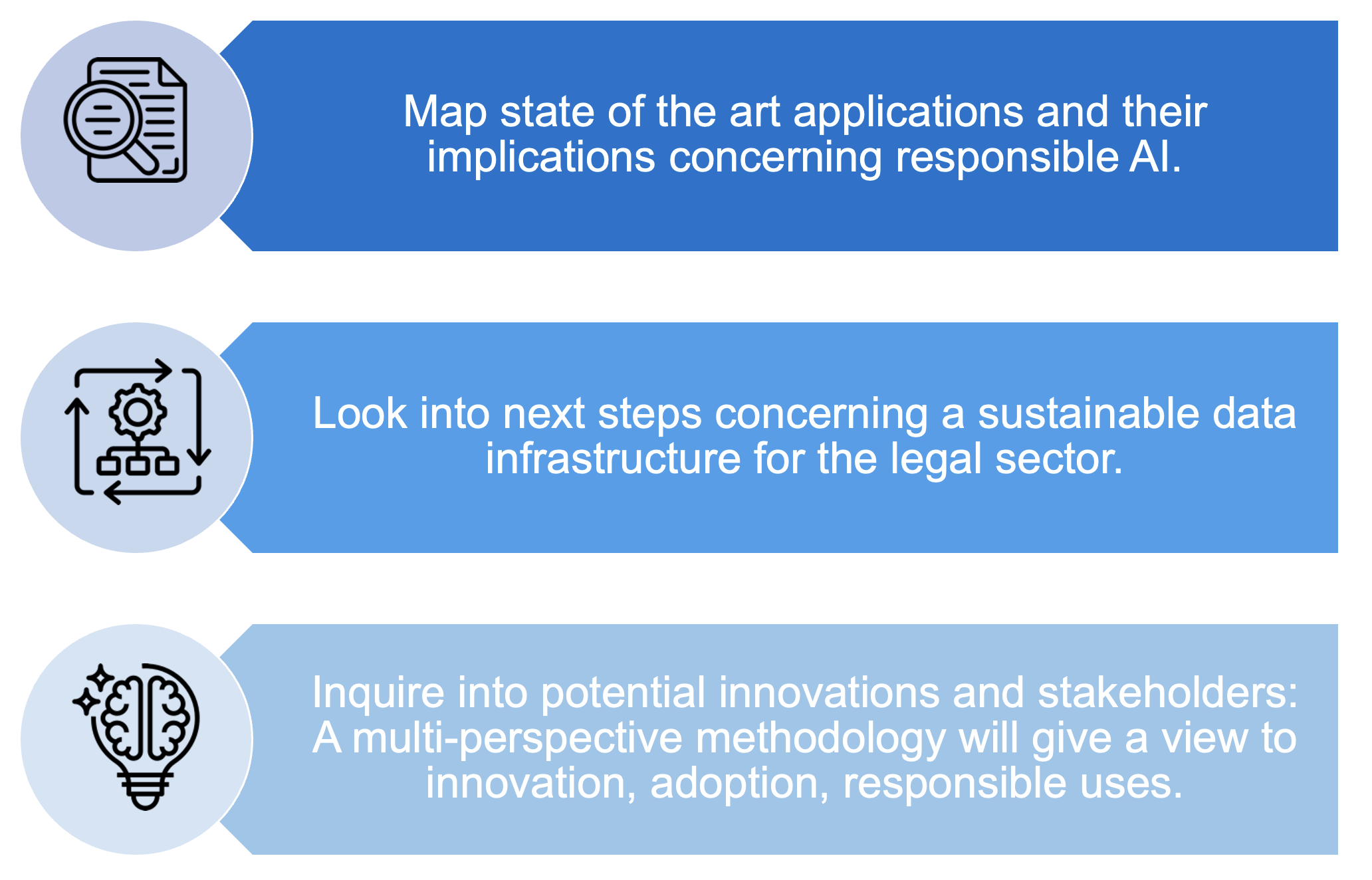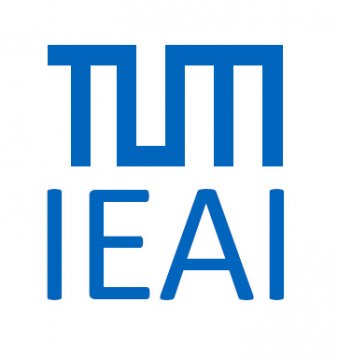Project Overview
AI language technologies have a huge disruptive potential that could provide possibilities for advances in areas that have not yet been permeated by these technologies. The legal sector is a good example in this regard. Recent advances such as new transformers like BERT and GPT3 offer ample prospect for innovation. However, neither the requirements for adoption nor the ethical, legal, and social implications are sufficiently explored.
The project NLawP evaluates how AI technologies can impact the legal sector in disruptive ways. It will map current developments in research and in the legal tech market, inquire into how data governance can enable a responsible and efficient adoption, and bring stakeholders together in order to produce new ideas and innovations. NLawP will map state of the art applications and what we currently know about their implications concerning responsible AI. It will also look into the next steps concerning a sustainable data infrastructure for the legal sector. Furthermore, the project will inquire into potential innovations and imaginaries of stakeholders. A multi-perspective methodology will allow to research this emerging field of AI with a view to innovation, adoption, responsible uses, and infrastructures.

Research Objectives
The main objective of NLawP is to understand how AI language technologies can be harnessed in a way to realize their potentials while mitigating ensuing risks. This will be discussed for the legal sector in relation to NLP-driven legal technologies. One of the main challenges is the fact that AI language technologies are still emerging and legal tech applications are actively re-imagined. It is, therefore, necessary to include aspects of innovation into the research agenda. However, progress in that area is dependent on the respective infrastructure and particularly on the infrastructure concerning data. This is one of the key requirements for adoption in the legal field. However, there are even more questions, particularly concerning the responsible use of technologies. Our research questions have to address the dynamic interrelationships between the infrastructure for progress, potential innovations in the field of legal tech, interests of technology adoption and the responsible use of AI as variables for determining the potentials and pitfalls of legal tech. Therefore, NLawP presents an integrated perspective that looks at different aspects of the responsible innovation and adoption of these technologies including the data infrastructure, the assessment of the current and developing state of the art and potential future innovations. The project will take a multi-perspective approach that allows for thorough assessment of the state of the art as well as a forward-looking research agenda.

Research Questions
We will address the following research question and the ensuing three sub-questions:
What are the risks and opportunities of using NLP technologies in the legal sector and how can the design of these applications be influenced towards adaptability and the common benefit?
a. How is legal tech evolving through new applications based on recent progress of AI and what are the prevalent ethical, legal and social aspects?
b. What are options for improving the data infrastructure based on legislative developments in European law and national law?
c. What are the ideas and expectations of stakeholders regarding the application of AI technologies and what can we learn from that for the assessment of NLP in legal tech and beyond?
Partners
NLawP is done in collaboration with Prof. Dr. Christian Djeffal, David Rebohl, and Verena Müller from the Professorship of Law, Science and Technology of the Technical University of Munich.
The project is sponsored by the Institute for Ethics in Artificial Intelligence of the Technical University of Munich.
